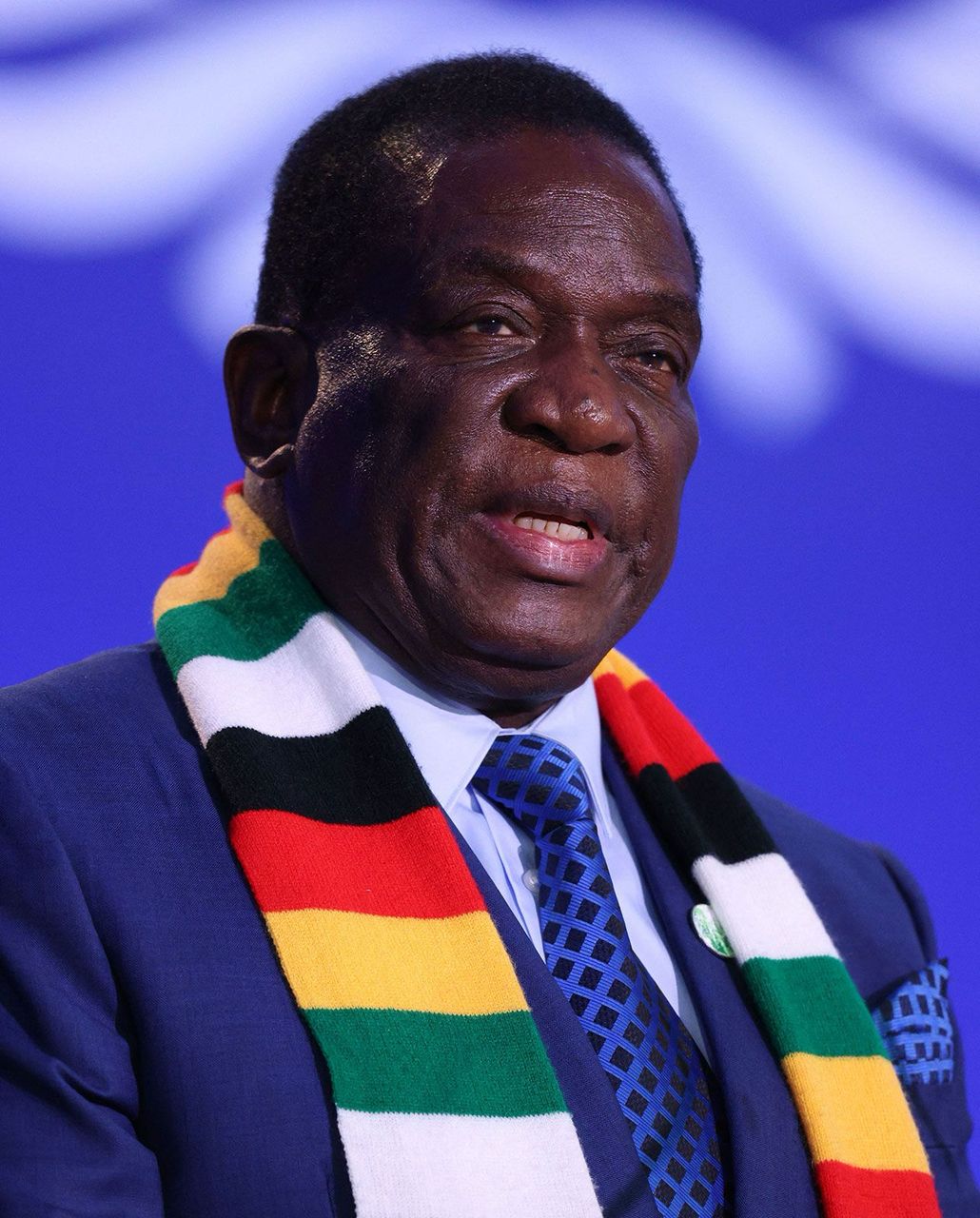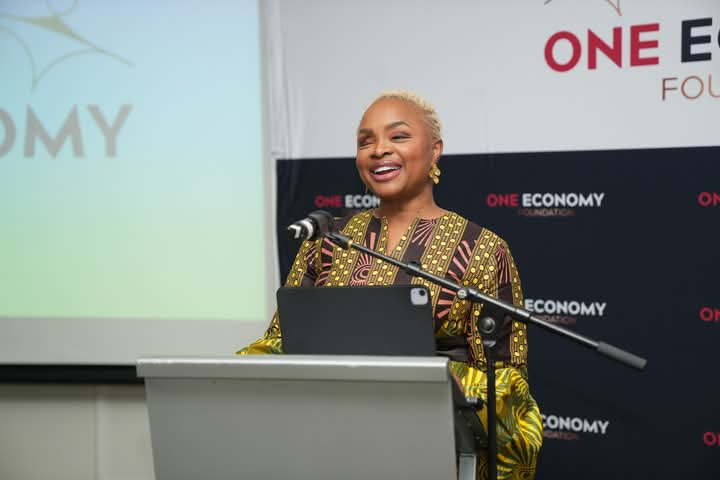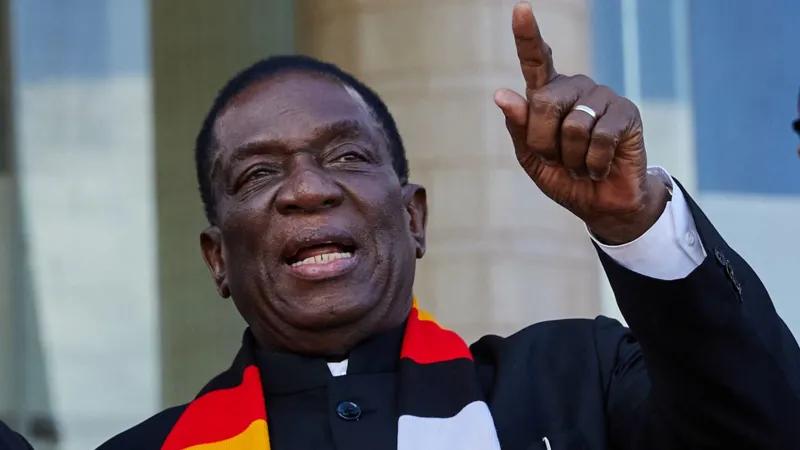In a parliamentary democracy like Namibia, all power shall be vested in the people through freely elected representatives exercising this power.
Some 51 % of Namibia’s population are women who still face many injustices based on their gender.
Namibia has a long history of many types of social inequality, including gender inequality.
Many challenges women face in Namibia today have been influenced by the historical imbalance of power between women and men, social structural factors such as poverty, unemployment and related social problems.
This includes economic inequalities, like no acknowledgement of unpaid domestic work women disproportionately often do in their households, being exposed to gender-based violence, or being single mothers without any or insufficient support from children’s fathers.
Some of these inequalities are based on political, cultural, traditional or religious beliefs that promote gender inequality.
For example, the cultural concept of the alleged supremacy of men over women.
This makes it even more important that women are represented in parliament and have a say in who makes decisions in Namibia by participating more in the election process and casting their votes.
The voices of women must be present and respected in decision-making at all levels.
Article 17 (2) of the Namibian Constitution accords all citizens the right to vote from the age of 18, to run for president from the age of 35, and to be elected to public office, from the age of 21.
The 2020 ‘Perspectives on Parliament’ issue No. 13 of the Institute for Public Policy Research (IPPR) states that with 41 seats women make up 43 % of the 96 elected voting members of the current 7th National Assembly.
Besides that, four out of eight seats (50%) of the additional eight non-voting members that were appointed by the president are occupied by women.
It also states that specific to the lower house of parliament, the National Assembly, Namibia ranks seventh in the world and second in Africa with its representation of women in parliament. Those numbers are impressive globally, but Namibia can do better.
On a regional and local level, women’s representation is much lower.
Although the National Assembly almost reached gender parity regarding the percentage of men and women having seats in parliament, representation in other law-making branches is quite unbalanced.
It is less likely that men will consider women’s struggles sufficiently.
Adequate female representation can support law-making that speaks to gender-specific problems and offers adequate solutions.
Men in decision-making positions may represent a regressive idea of gender roles which views women primarily as caregivers of children and their husbands, without economic independence.
Therefore, it is not only important that women are represented in parliament and office, but that voters also consider the candidate’s political beliefs.
It is difficult to say how many women in Namibia vote and who they vote into office due to unavailable statistics.
It is important, though, that voting decisions are informed ad well-considered to make sure candidates and parties understand women’s concerns and are cognisant of their emancipation.
Namibia’s women should take the time to read through, understand and focus on different parties’ election programmes and plans.
What are the parties’ stances on gender politics? Are they aware of the struggles women face? Women should also participate more effectively in information events and rallies to inform themselves, as well as ask their local candidates which particular policies they want to pass to improve women’s social and economic situations in society.
The government and media should make sure they provide information that explains how the voting process works in an easy language that everyone (in rural and urban areas) can understand, and which is translated into all the local languages.
Indeed, we call upon the government to do so as a matter of urgency.
Political parties should be transparent about their political goals so that all, whether women or not, can make an informed decision about who they vote.
Besides, politicians need to consider that women have different concerns depending on their income, (dis)ability, where they live, their age, their marital status, sexuality and many other individual factors.
All these concerns are part of various life realities and need to be equally considered in the run for parliament and in legislation.
An increase in women’s political involvement could yield real benefits for democracy, such as improved public responsiveness, stronger cooperation across party and ethnic lines, and a more sustainable future for Namibia.
- * This article was made possible by support from the Hanns Seidel Foundation.
Stay informed with The Namibian – your source for credible journalism. Get in-depth reporting and opinions for
only N$85 a month. Invest in journalism, invest in democracy –
Subscribe Now!










